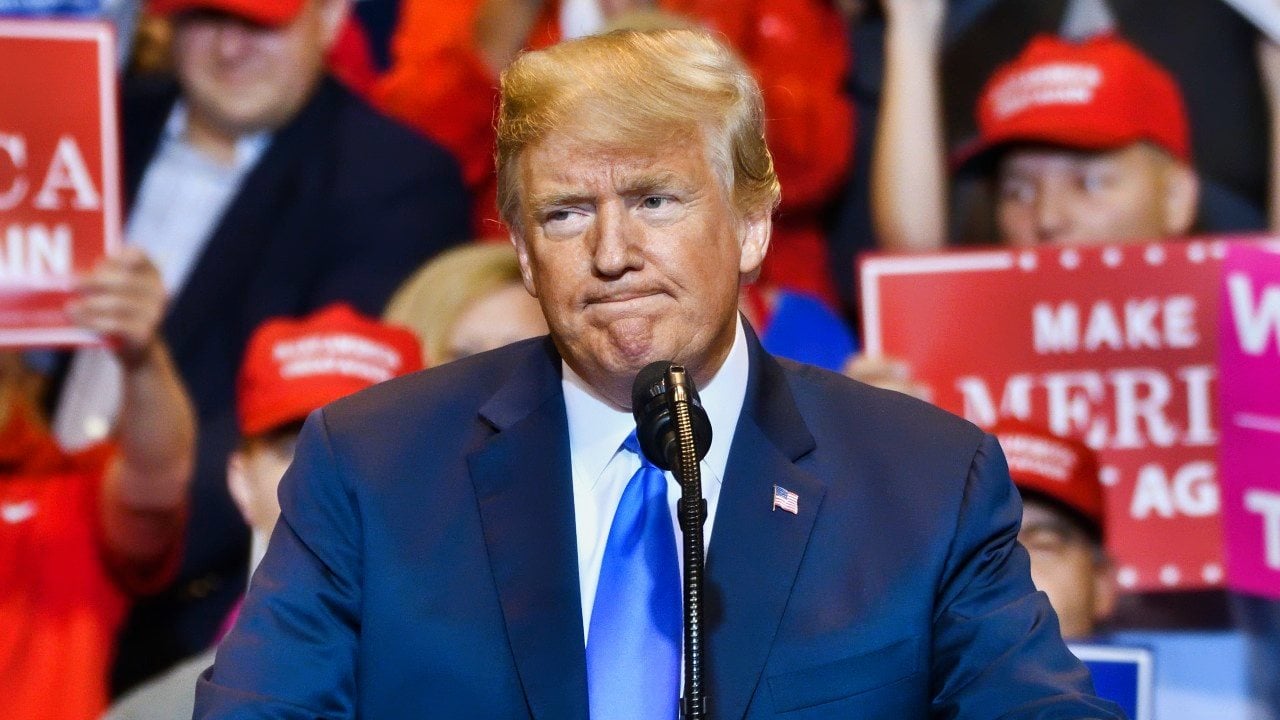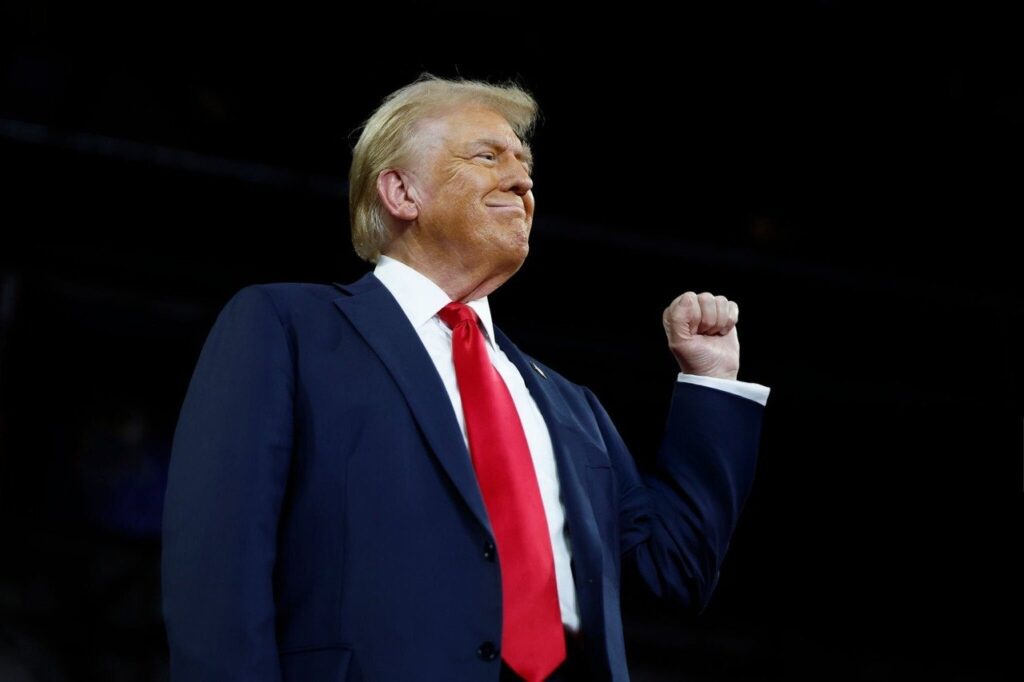
Donald Trump Wins: Can He Deliver ‘A Golden Age’ for America?
With his triumph against Vice President Kamala Harris, Donald Trump is being likened to Grover Cleveland, the first Democrat elected after the Civil War who won non-consecutive terms in 1884 and 1892. But Trump’s election also bears comparison to another president—Ronald Reagan. When Reagan was elected in 1980 against Jimmy Carter, liberal elites were dumbfounded. Reagan entered Washington promising to overturn the bureaucracy and restore American greatness after the dolorous Carter-Mondale era. It was thunder on the right.
But there the similarities end. Trump has reinvented the conservative movement in his own strongman image by breaking with the verities of the Reagan era. The old Republican establishment is out. The young populists are in.
With JD Vance at his side, Trump will more than likely staff his administration with a new generation of conservatives intent on carrying out his mandate to topple the Deep State at home and retrench abroad. These are not the cautious technocrats of the Biden era. They have a vision and a plan. Writing in Foreign Affairs, for example, Sumantra Maitra calls for the creation of a “dormant NATO” in which America would “remove its ground forces from Europe in order to shift the burden of defending the continent away from Washington and toward the region’s own governments.” Elbridge Colby, a defense department official in Trump’s first term, is propounding a Trump doctrine–a shift from an emphasis on Europe to countering China’s quest for suzerainty over the South China Sea. Then there is William Ruger, Trump’s nominee for ambassador to Afghanistan, who avers that “voters were given a choice, made more stark by Harris-Cheney embrace, and they chose greater realism over left-right elite liberal internationalism.”
For Trump himself a second term represents an opportunity to enact his longstanding dream of upending America’s alliances. There will be few voices in the Senate to oppose him. Mitch McConnell is a spent force whom Trump, during one of his final rallies, ridiculed for dutifully supporting him. Mitt Romney is retiring.
Nor is this all. Trump’s hand is strengthened by the fact that he repudiated the party machine during the campaign. In running for reelection, scorned the seasoned party professionals who claimed that he should mute his strident statements and relied on outside PACs to mobilize his supporters. Elon Musk, who lavishly supported his run, will occupy a prominent role in his administration.
Disheartened Democrats are already debating the reasons for Harris’ loss. One explanation is that Trump didn’t win so much as Harris lost. Jonathan Chait declared that “The American public has not embraced Trump. The decisive bloc of voters always evinced deep misgivings about Trump’s character and rhetoric, even if they didn’t fully recall all his crimes and offenses (who could?). Trump didn’t win by making people love or even accept him. He won because the electorate rejected the Biden-Harris administration.”
But this risks underestimating the magnetic attraction that Trump seems to exert upon his followers and supporters. John F. Harris’ explanation in Politico may be more plausible: “For a significant portion of his supporters, he didn’t win in 2016 in spite of his notorious remark to Access Hollywood about grabbing women by their private parts, or in 2024 in spite of his election denialism. He won in some measure because of these things — and the indignation they inspired.”
Daniel McCarthy in the New York Times takes it one step further, elevating Trump’s election to “a public vote of no confidence in the leaders and institutions that have shaped American life since the end of the Cold War 35 years ago.”
But that is a purely negative verdict. The question for Trump, as McCarthy acknowledges, is whether he can deliver more than destruction in Washington. Speaking in West Palm Beach, Trump announced that he would usher in a new “golden age for America.”
About the Author:
Jacob Heilbrunn is editor of The National Interest and is a nonresident senior fellow at the Atlantic Council’s Eurasia Center. He has written on both foreign and domestic issues for numerous publications, including The New York Times, The Washington Post, The Wall Street Journal, Financial Times, Foreign Affairs, Reuters, Washington Monthly, and The Weekly Standard. He has also written for German publications such as Cicero, Frankfurter Allgemeine Zeitung, and Der Tagesspiegel. In 2008, his book They Knew They Were Right: the Rise of the Neocons was published by Doubleday. It was named one of the one hundred notable books of the year by The New York Times. He is the author of America Last: The Right’s Century-Long Romance with Foreign Dictators.
Image Credit: Creative Commons.


